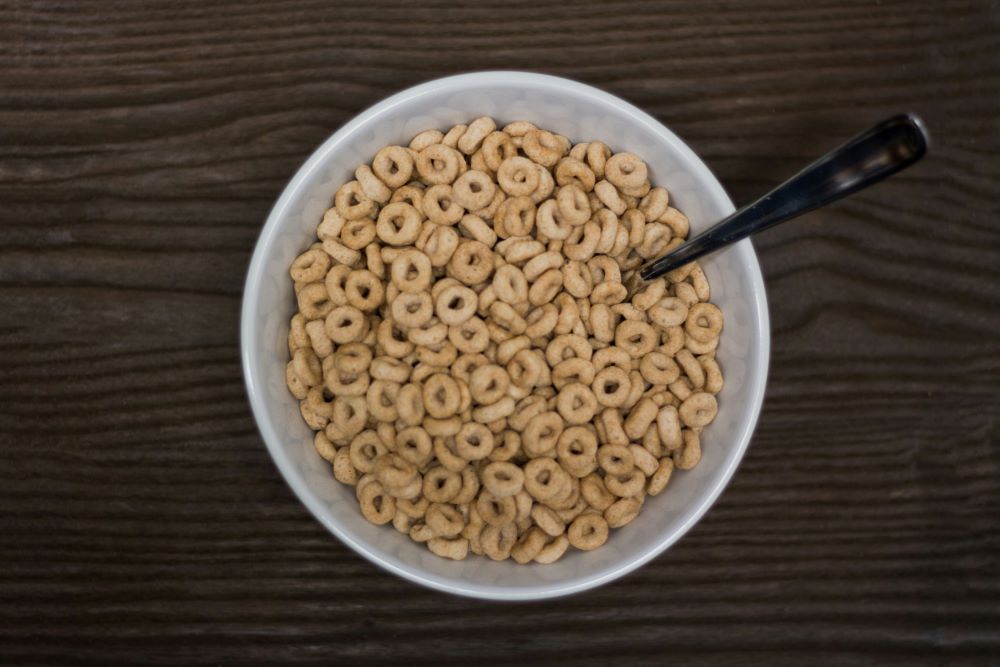Pesticide used in wheat, barley, and oats is making its way into breakfast cereals and other foods.
People tend to think about plant-based foods as being good for their health – and largely, that is true. However, due to the industrialization of the food chain, the foods that people think are healthy might not be as safe as they would like to believe. Recent discoveries that resulted from testing some oat-based foods found some concerning news about what might be lurking in seemingly innocent food items that millions of people each year.
A new report from the Environmental Working Group (EWG) revolves around a pesticide known as Chlormequat. When tested in animals, it has been shown to result in both reproductive and developmental issues. While those same concerns aren’t yet known to exist with humans, there is at least reason to worry about what it can do to human health.
“Animal studies link chlormequat to reduced fertility, harm to the reproductive system and altered fetal growth,” the EWG said.
Unfortunately, testing across three regions of the U.S. showed it to be present in “77 of 96 urine samples” taken from 2017 to 2023 – and the concentrations seen in the 2023 testing were higher than in other previous years. That same year, the Environmental Protection Agency (EPA) published acceptable food tolerance levels for Chlormequat and even increased the allowable level for oats. The pesticide is used across many different crops, including wheat, barley, and oats. The main purpose of its use is to keep the stems of those plants from growing too long, so harvesting them will become easier.

When testing for the presence of Chlormequat in oat-based foods, detectible levels are found in 92% of samples. So, it is readily apparent that the pesticide is making its way into the food supply, and particularly in oats. Those oats are often used in a long list of very popular products on the market today, such as Cheerios. If it is determined that this pesticide proves to be harmful to human health, the consumption of these oats and other products over the years could wind up playing a major role in the harm experienced by millions of humans. It is yet to be seen if anything like that will play out, but more research and testing are certainly called for to either rule out risks for humans or to confirm that changes need to be made.
Perhaps the most concerning part of this news is the fact that the problem seems to be getting worse. The concentrations of the pesticide were greater in samples from 2023 than from the few previous years, and there is no telling how that will play out moving forward. If the progression of pesticides and other contaminants in foods continues to accelerate, it’s hard to know where it might stop – and it’s even harder to know what the overall effect could be on humans in the long run. More action needs to be taken to protect the food supply before serious consequences are the end result.
“I think that it was the first study in the right direction, but it’s too early to tell,” said Dr. Tomer Singer, chief of reproductive endocrinology and infertility at Northwell Health, cautiously. “And if we should be concerned? I think it warrants definitely more extensive and prospective study, which unfortunately take years to obtain.”


Join the conversation!